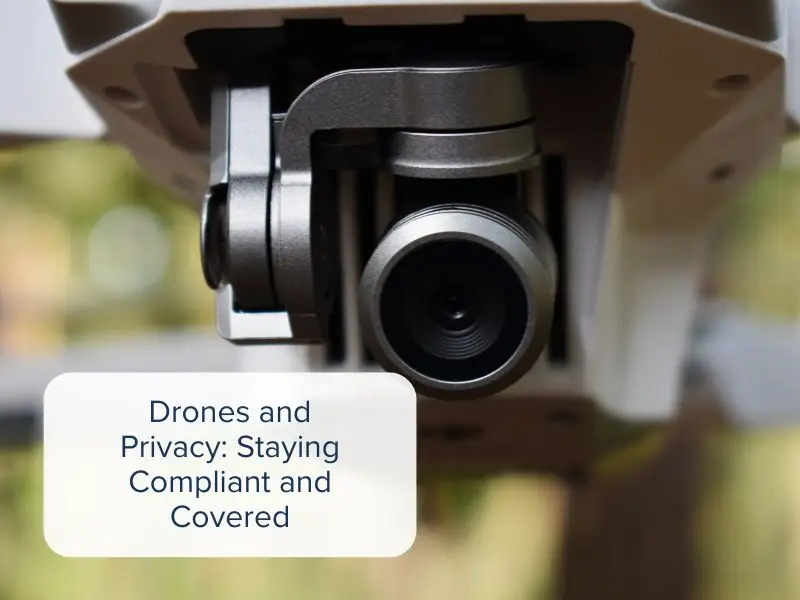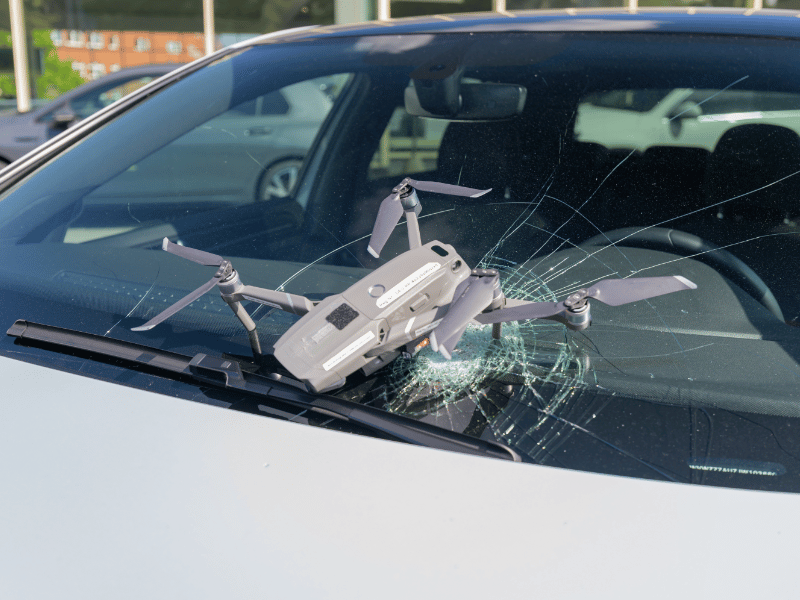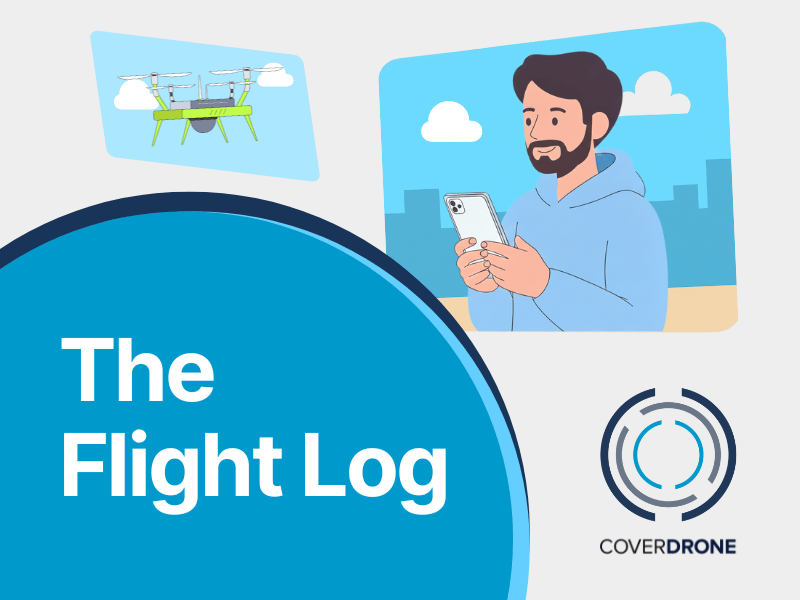Disclaimer: This article is intended as general information to help drone operators understand common privacy risks. It is not legal advice – always check with the relevant authority if you’re unsure of your obligations.
Drones have made it easier than ever to capture stunning aerial perspectives, but with that amazing capability comes real responsibility. From residential neighbourhoods to busy events, the potential to capture personal or sensitive information unintentionally has the potential to be very high.
As drone use continues to grow exponentially worldwide, so too does the focus on privacy. Laws and regulations are now evolving to protect individuals’ rights with regard to their data – perhaps the most famous example of this is the EU’s General Data Protection Regulation (GDPR). Understanding these data laws and regulations are now essential for both recreational and commercial pilots.
Understanding Privacy Laws Globally
While the specifics differ between countries, most share common principles. Many regions require a person’s consent before filming or photographing them in situations where they have a reasonable expectation of privacy – for example, inside their home or in a private garden. If an image or video can identify someone, it may be considered personal data, bringing it under local data protection laws such as GDPR in Europe.
Some jurisdictions also restrict drone flights over private property, events, or public gatherings without authorisation. Even where no specific drone law exists, general privacy or harassment laws often apply, meaning you can still face legal consequences for unwanted surveillance.

Some Common Privacy Breach Scenarios
Privacy breaches often happen without the pilot realising, and they’re not always the result of careless flying. The issue is that a drone’s camera can capture more than intended, and that footage can sometimes stray into sensitive territory.
The Home Address Capture
You’re surveying a property for a client. While filming, the drone also records neighbouring driveways where cars are parked. Vehicle registration plates and house numbers are clearly visible.
Why it’s a problem: Identifiable details such as licence plates and addresses count as personal information. Recording and storing them without permission creates a clear privacy risk, even if the focus of the flight was elsewhere.
The Employee Monitoring Issue
You’ve been hired to inspect the roof of a commercial site. During the flight, your footage also captures staff members on their break in a nearby outdoor area. Faces, uniforms, and even ID badges are visible.
Why it’s a problem: Recording employees without notice or consent can be seen as unauthorised surveillance. Storing or sharing identifiable images of staff in this context may breach workplace privacy expectations and open the door to complaints.
The School Capture
While photographing a public park, your drone inadvertently records an adjacent schoolyard full of children at play. The footage shows faces and other details that make the pupils identifiable.
Why it’s a problem: Images of minors are treated as highly sensitive everywhere. Filming or holding such footage without consent carries serious legal and reputational risks, regardless of the pilot’s intention.
The Importance of Invasion of Privacy Cover
For commercial operators, privacy protection isn’t optional – it can be a requirement in client contracts and is a critical safeguard for your reputation. This is why we offer invasion of privacy cover as standard in our commercial policies.
With the right cover in place, you can focus on your flights knowing you have the support needed to navigate complex privacy situations.
Insurance Protection for Privacy-Related Risks
Privacy disputes can escalate quickly. Even when you’ve done your best to follow the rules, a misunderstanding or complaint can lead to formal legal action. Defending yourself can be expensive, stressful, and time-consuming — especially if you’re dealing with unfamiliar privacy or data protection laws.
This is where comprehensive drone insurance becomes invaluable. A good policy can:
- Cover legal defence costs if you face a privacy or data protection claim, whether the allegation is justified or not.
- Provide liability cover to pay compensation if you’re found at fault for a privacy breach.
- Give you access to expert advice to help resolve disputes quickly and professionally.
- Extend worldwide cover so you’re protected when operating in other countries with different privacy laws.
Best Practices for Respecting Privacy with Your Drone
Following these steps can help you avoid unintentional privacy breaches and stay compliant with local laws:
- Plan your flight path carefully to avoid capturing private spaces, sensitive areas, or people not involved in your project.
- Get consent in advance if you know individuals, private property, or identifiable groups will appear in your footage.
- Adjust your camera angles to minimise recording of uninvolved people or properties, and use gimbal settings to keep the focus on your subject.
- Review your footage after each flight and remove anything that might raise privacy concerns.
- Secure any data you keep with encryption or password protection and delete what you don’t need.
- Stay up to date on privacy laws and drone regulations in your operating area, especially when working abroad.
The Future of Privacy and Drones
As drone technology evolves with higher-resolution cameras, zoom lenses, and AI-driven analysis, regulators are expected to tighten privacy protections further. Operators who stay informed and adopt best practices will be better placed to adapt without disruption.
By respecting privacy, you’re not just following the law; you’re helping build trust in drone technology and ensuring that skies remain open for innovation while the rights of people and businesses on the ground are protected.
Need Confidence that You’re Covered for Every Flight?
Click “Get a Quote” to get your your free Coverdrone quote today and protect yourself against the costs and complexities of privacy-related claims so you can fly with peace of mind.




